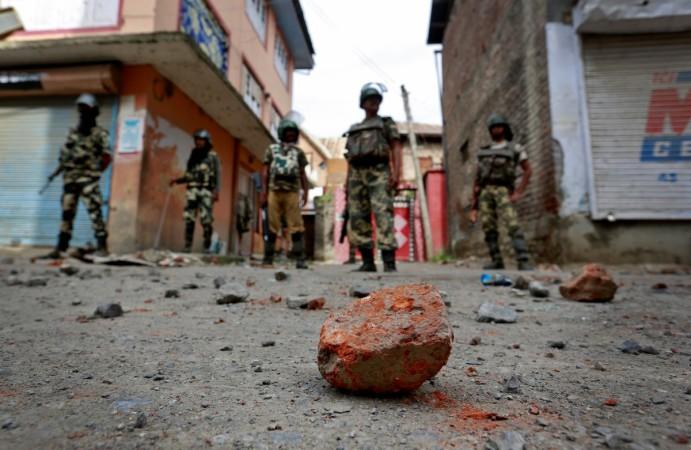
The recent United Nations report on human rights violations in Kashmir has received fresh criticism for discrepancy after India negated the findings earlier this week.
The report, released by the UN Human Rights Council, had accused the Indian security officials of using arbitrary detentions. It also claimed that civilian casualties due to armed conflict in 2018 were the highest in Jammu and Kashmir, since 2008.
According to IANS, the claims made by the report do not appropriately substantiate arguments of security officials violating human rights in Kashmir.
For instance, the report criticised the contentious Armed Forces Special Powers Act (AFSPA) and alleged that the legal provisions for Indian security forces in Kashmir protect the perpetrators and obstructs accountability. "There has not been a single prosecution of armed forces personnel granted by the central government in a civilian court," said the report.
However, the report also pointed out that the "quantity and quality of information available" on Jammu and Kashmir "contrasts significantly" to that in Pakistan-occupied Kashmir (PoK).
Despite its criticism, it said NGOs, human rights defenders and journalist in India are able to operate and document the ongoing human rights violations. But in PoK and Gilgit-Baltistan, "restrictions on the freedoms of expression, opinion, peaceful assembly and association" have obstructed the ability to monitor human rights abuses.
While the report asked India to investigate the death of 98 civilians following the killing of Hizbul Mujahideen militant leader Burhan Wani in 2016, it dismissed the recent killing of 12-year-old Aatif Mir. The child was held hostage by Lashkar-e-Taiba terrorists in Bandipora district and later killed on March 22, reported IANS.
India slammed the UN report on Monday, and claimed that its findings differed from the UN Security Council's earlier position of condemning the role of Pakistan in the Pulwama terror attack.
Ministry of External Affairs spokesperson Raveesh Kumar said that despite the terrorist leaders and organisations sanctioned by the UN, the report deliberately underplays the militants as 'armed groups'.
India called the report "a continuation of the earlier false and motivated narrative" and has asserted that the claims made by the UN body are "in violation of India's sovereignty and territorial integrity".
Kumar, in his statement, revealed that despite repeated efforts of eradicating cross-border terrorism from the valley, Pakistan has continued to occupy "a part of the Indian state" including 'Azad Jammu and Kashmir' and "Gilgit-Baltistan' despite India's insistence to vacate the regions.
India has been firm on the issue of cross-border terrorism in the recent high-level meetings by Prime Minister Narendra Modi at the G20 summit in Osaka. S. Jaishankar also mentioned cross-border terrorism during the US Secretary of State Mike Pompeo's visit to India.

















